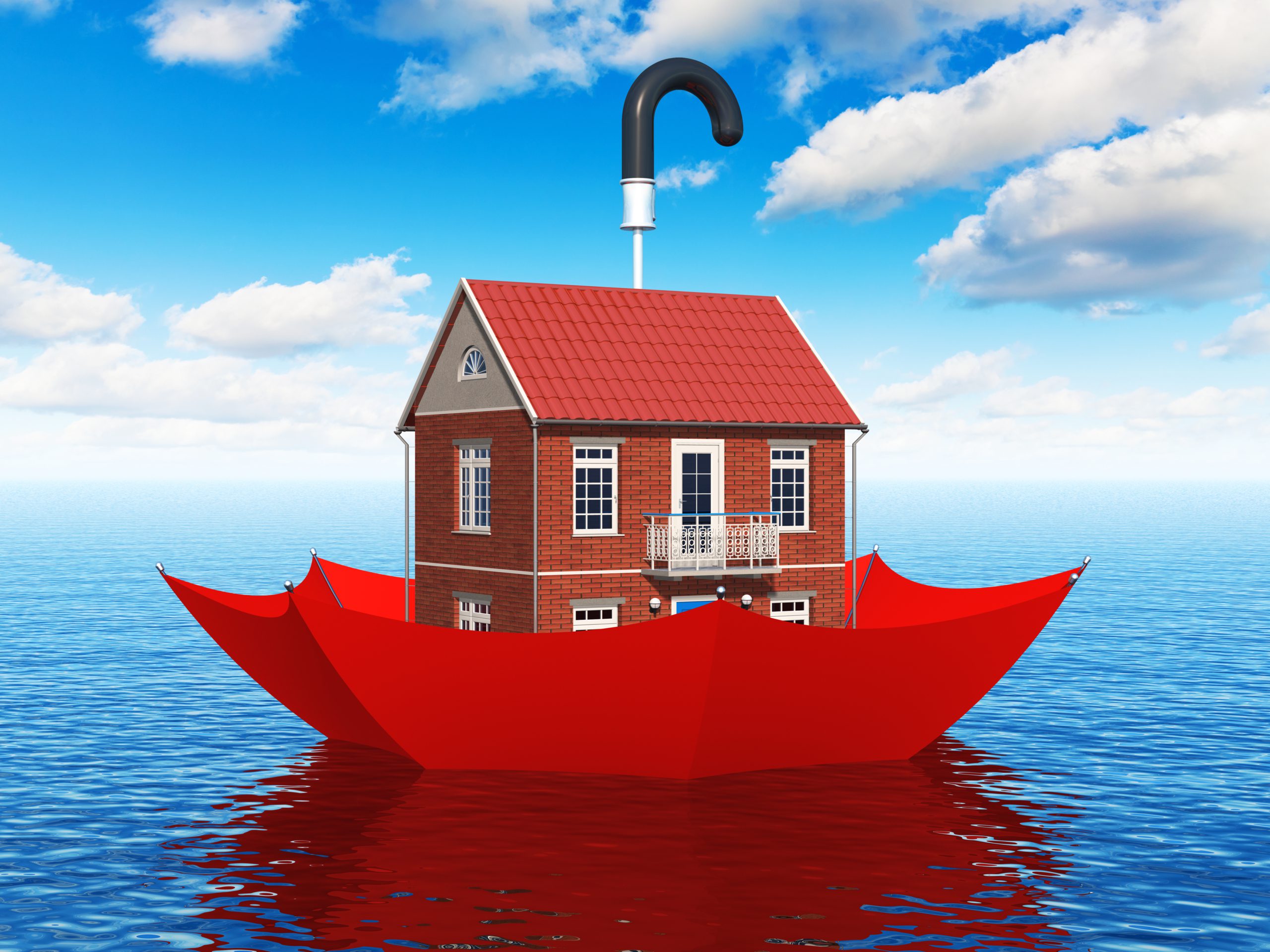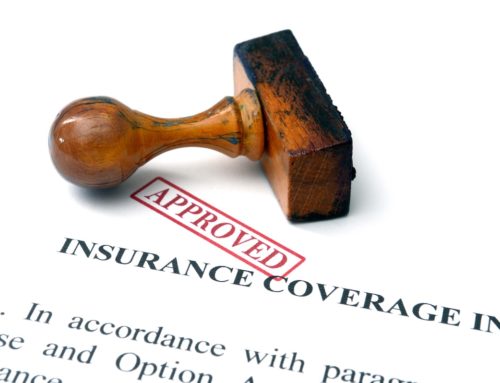Flood Insurance-Should You Buy It?
Floods are one of the most common natural disasters in the United States. According to the Federal Emergency Management Agency (FEMA), floods cause more damage in the U.S. than any other type of natural disaster. While flood damage is not typically covered by homeowner’s insurance policies, there is a separate type of insurance called flood insurance that can help protect your home and belongings in the event of a flood. But should you buy flood insurance? The answer may not be as simple as you think. Here’s what you need to know about flood insurance before making a decision.
What is Flood Insurance?
Flood insurance is a type of insurance that helps cover the cost of damages caused by flooding. While homeowner’s insurance policies typically do not cover flood damage, most mortgage lenders require borrowers to purchase flood insurance if they live in an area that is at high risk for flooding.
Flood insurance is typically sold through the National Flood Insurance Program (NFIP), which is administered by FEMA. The NFIP offers two types of flood insurance:
· Standard Flood Insurance Policy (SFIP): This type of policy covers up to $250,000 of damage to your home and $100,000 of damage to your belongings.
· Preferred Risk Policy (PRP): This type of policy is available to homeowners who live in low-to-moderate risk areas and covers up to $250,000 of damage to your home and $100,000 of damage to your belongings.
The cost of your flood insurance policy will depend on a number of factors, including the amount of coverage you need, the value of your home, and the flood zone in which your home is located.
What Does Flood Insurance Cover?
Flood insurance can help cover the cost of damages caused by flooding, including:
- Water damage to your home’s foundation, walls, floors, and ceilings
- Damage to your home’s HVAC system
- Damage to appliances, including washers, dryers, and dishwashers
- Damage to personal belongings, such as clothes, furniture, and electronics
- The cost of temporary housing if your home is uninhabitable
- The cost of repairing or rebuilding your home
Flood insurance does not cover the following:
- Damage caused by moisture, mildew, or mold that occurs before the flood
- Sewer backup damage unless you have a separate sewer backup policy
- Damage to landscaping, pools, and other outdoor structures
Should You Buy Flood Insurance If You Live in A High-Risk Area?
The answer to this question depends on a number of factors, including the value of your home, the amount of coverage you need, and the flood zone in which your home is located.
If you live in an area that is at high risk for flooding, you may be required to purchase flood insurance by your mortgage lender. Even if you’re not required to have flood insurance, it’s still a good idea to purchase it if you live in a high-risk area. Flooding can cause extensive damage to your property, and it’s often not covered by standard homeowner’s insurance policies. Flood insurance can help you cover the cost of repairs or replacements if your home or business is damaged by a flood.
Should You Buy Flood Insurance If You Live in A Low-Risk Area?
Many people assume that flood insurance is only necessary if you live in a flood-prone area. However, this is not necessarily the case. Even if you live in a low-risk area, there is always the possibility of severe weather conditions causing flooding. In addition, flood insurance can provide coverage for other events such as burst pipes and sewage backup. As a result, it is important to weigh the risks and benefits of flood insurance before making a decision. If you are concerned about the possibility of flooding, then purchasing flood insurance may be the best decision for you. However, if you feel comfortable taking on the risk, then you may decide that flood insurance is not necessary.
In the end, whether or not you buy flood insurance is a personal decision. If you live in an area that is prone to flooding, it may be worth the peace of mind to purchase a policy. However, if you live in a low-risk area and your home is not valuable, you may decide that flood insurance is not necessary. Speak with your mortgage lender and insurance agent to get their recommendation for your specific situation.






